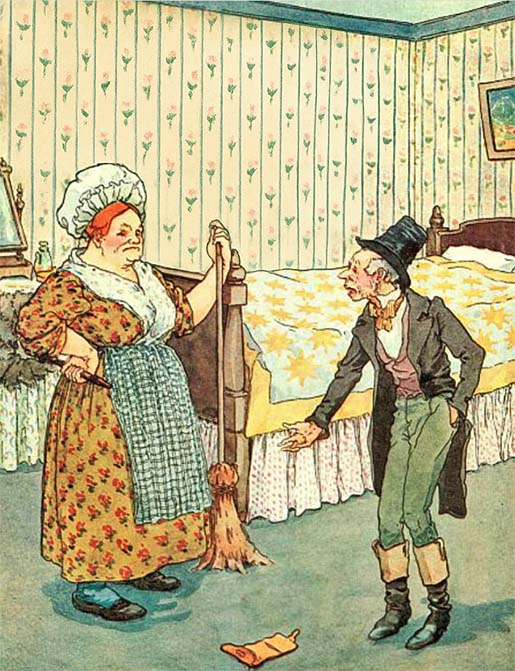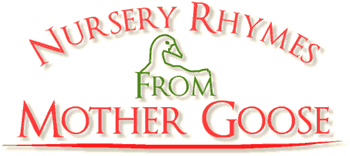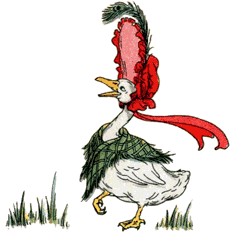My Little Old Man and I Fell Out
My little old man and I fell out;
I’ll tell you what ’twas all about:
I had money and he had none,
And that’s the way the noise begun.

Variants
An older form of the rhyme takes a slightly different turn:
A little old man and I fell out;
“How shall we bring this matter about?”
“Bring it about as well as you can;
Get you gone, you little old man!”
This version skips the money quarrel and goes straight to a brusque send-off. Both share the same rhythm and tone — sharp, short, and meant to raise a laugh.
Origins
This little verse doesn’t feel like it was ever invented at a desk. It has the quick punch of something people might have said in real life, maybe in the middle of a squabble. You can almost hear it: two neighbors or family members bickering, one of them snapping out the rhyme to make the other laugh — or at least to get the last word.
By the 18th century it was already tucked into printed collections, but it probably had been around for much longer, carried by word of mouth. What makes it feel so old is its simplicity. No animals, no magic, no castles. Just a quarrel over money — the kind of thing that would have been familiar in every home, whether in a farmhouse kitchen or a crowded London street.
When it finally landed in nursery books, it kept its bite. Unlike the dreamy rhymes about cows jumping over the moon, this one sounded like it came straight out of the real world, a tiny scrap of everyday life polished into rhyme.
Meaning
The rhyme is funny because it’s so bare. There’s no story leading up, no attempt at resolution. Just: we argued, it was about money, and that’s how the racket started.
Kids would have enjoyed the rhythm and the simple rhyme (“fell out / all about”), while adults recognized the truth behind it. Arguments over money were part of daily life, and this little verse turned that tension into something you could laugh at instead of brood over.
This is the sort of rhyme that probably lived in kitchens and marketplaces more than nurseries. Picture a family squabble breaking out, and someone chanting the lines with a grin to cut through the tension. Or neighbors gossiping about an argument and using the rhyme as a shorthand way of telling the story.

